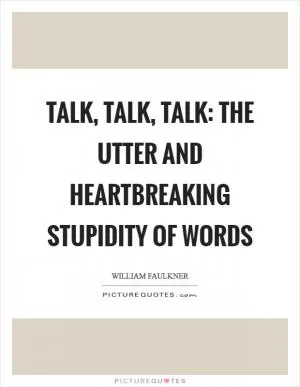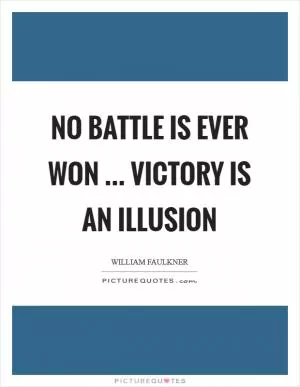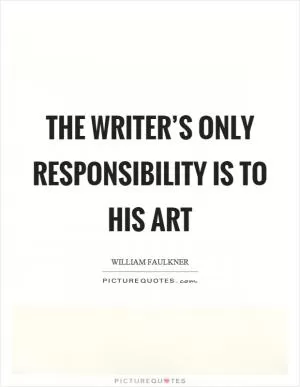Tomorrow night is nothing but one long sleepless wrestle with yesterday's omissions and regrets

Tomorrow night is nothing but one long sleepless wrestle with yesterday's omissions and regrets
William Faulkner, a renowned American writer known for his complex narratives and exploration of the human condition, often delved into themes of time, memory, and the weight of the past on the present. The quote "Tomorrow night is nothing but one long sleepless wrestle with yesterday's omissions and regrets" encapsulates Faulkner's preoccupation with the past and its enduring impact on the characters in his works.In Faulkner's novels, characters are often haunted by their past actions, mistakes, and regrets. They grapple with the consequences of their choices, struggling to come to terms with the weight of their history. The quote suggests a sense of restlessness and unease, as the characters are unable to escape the shadows of their past. This internal struggle is a recurring motif in Faulkner's writing, as he delves into the complexities of human nature and the ways in which the past shapes our present and future.
Faulkner's narrative style, characterized by stream-of-consciousness and nonlinear storytelling, reflects the fragmented nature of memory and the way in which the past is constantly intruding upon the present. His characters often experience a sense of disorientation and confusion as they navigate the tangled web of their memories and emotions. The quote "Tomorrow night is nothing but one long sleepless wrestle with yesterday's omissions and regrets" captures this sense of inner turmoil and the relentless cycle of regret and self-reflection that Faulkner's characters often experience.
Furthermore, Faulkner's exploration of time in his works adds another layer of complexity to the quote. Time is not linear in Faulkner's universe; past, present, and future are intertwined and interconnected. The characters in his novels are caught in a perpetual struggle with time, as they are unable to escape the grip of their past. The quote suggests a sense of futility and inevitability, as the characters are doomed to repeat the same mistakes and confront the same regrets over and over again.












 Friendship Quotes
Friendship Quotes Love Quotes
Love Quotes Life Quotes
Life Quotes Funny Quotes
Funny Quotes Motivational Quotes
Motivational Quotes Inspirational Quotes
Inspirational Quotes